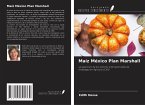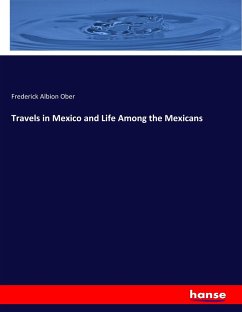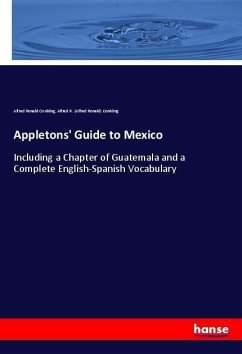The triumph of corn as the world's most important cereal crop is traced on the basis of various prerequisites. The high yield potential, the multiple usability and the extensive climate compatibility play an important role. In addition, the cultural importance of maize in the advanced civilizations of Central and South America is pointed out, which contributed significantly to the genetic diversity of this plant through centuries of selection work and lively barter trade. The first European network of maize researchers was established with the help of financial support from the Marshall Plan and provided important knowledge that played an essential role in the development of the first International Agricultural Research Centres (IARC) in the 1960s. The 1970s saw the establishment of further IARCs, with additional research areas such as natural resource conservation, climate change issues, and environmental concerns gaining importance alongside food security.
Bitte wählen Sie Ihr Anliegen aus.
Rechnungen
Retourenschein anfordern
Bestellstatus
Storno








